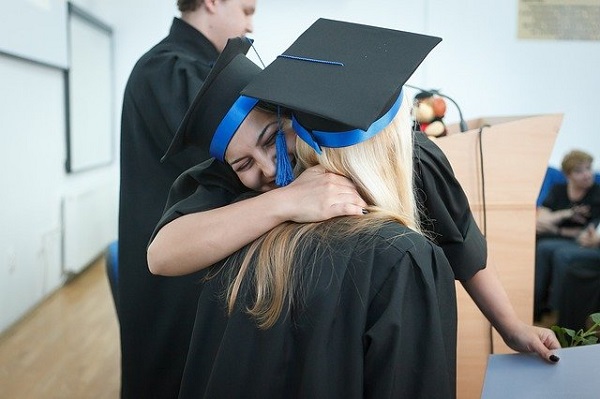 Credit: Pixabay
Credit: Pixabay
Luxembourg's Ministry of Higher Education and Research has announced the launch of a new convention on the automatic mutual recognition of higher education diplomas in the Benelux and Baltic countries.
On Monday 27 September 2021, the Benelux countries (Belgium, the Netherlands and Luxembourg) and the Baltic states (Estonia, Latvia and Lithuania) officially launched their treaty on the automatic mutual recognition of higher education diplomas.
This treaty provides that anyone who has obtained a higher education diploma covered by the convention in one of the Benelux or Baltic countries is assured that the level of his / her diploma will be automatically recognised in the other signatory countries. In practice, graduates will no longer be faced with lengthy recognition procedures and related costs, not will they face uncertainty as to whether their qualification is valid in the country where they wish to work or continue their studies.
In 2015, the Benelux countries introduced automatic mutual recognition of bachelor's and master's degrees, to which “associate degrees” and doctorates were added in 2018. The Baltic states have also already mutually recognised their diplomas. The two groups of countries felt that there was a real added value in forging links in this area and signed a declaration of intent in 2019. The resulting treaty will be officially launched at an event in Brussels on Monday.
By automatically recognising diplomas, countries remove a potential obstacle to studying or finding a job in one of these countries. This measure can also facilitate job searches through an improved comparability of study levels.
The Benelux countries and the Baltic states now form the only region in the European Higher Education Area (EHEA) where the level of higher education diplomas is automatically recognised. Their ambition is for other countries to follow suit. The treaty is thus open to accession by other countries in the EHEA, provided that the quality requirements for the automatic and general mutual recognition of the level of diplomas are met.
Claude Meisch, Luxembourg's Minister of Higher Education and Research, commented: “For Luxembourg, as a small multilingual and multicultural country, the mobility of students and young people in general is of particular importance, bearing in mind that 80% of Luxembourg students pursue their studies abroad and that more than 50% of students at the University of Luxembourg are foreigners. In this sense, the signing of this treaty constitutes for us an important step forward, in particular because it allows us to contribute to the development of the European Higher Education Area and to serve - we hope - as a model for other European countries".
“The Benelux mission is to provide added value for the benefit of our citizens and to be a living laboratory for European integration. With this treaty, we are actively promoting exchanges and fostering student mobility, thus encouraging young Europeans to share their common future”, added Alain de Muyser, Secretary General of the Benelux Union.









